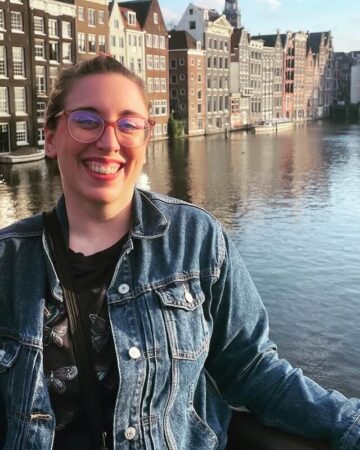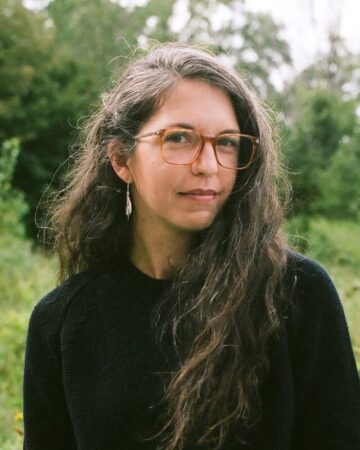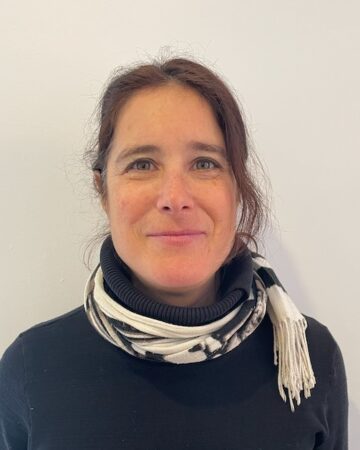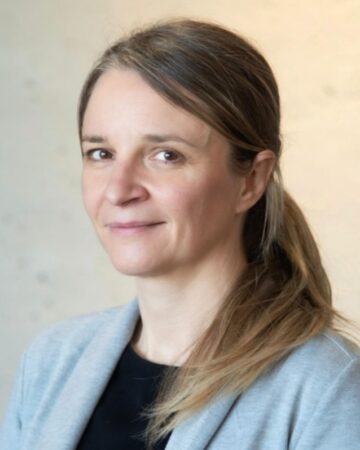Talks - Three Presentations Improving Practice
T10 - Integrating New Technologies
About this event
Experiential and Immersive Learning at the Library: Navigating Opportunities of Course-Integrated VR
This talk focuses on the implementation of a pilot project making a course-integrated VR work available to 136 students for viewing through Concordia Library. The educational benefits of this experiential and immersive learning opportunity will be discussed, as well as accessibility issues encountered through feedback received from user experience surveys. This talk will highlight the need to consider accessible design for VR service offerings, adapted spaces, and curated VR content when integrated as course material.
Presenters: Melissa Rivosecchi and Hélène Brousseau
Discord, Modded Minecraft and Pedagogy in the Flipped Classroom
Notoriously, many of the platforms we use for digital pedagogy at the university level are not very good. But are there pedagogical advantages to teaching with ramshackle platforms? Drawing on our SSHRC-funded research into the use of Minecraft and Discord with custom, student-built software to connect and modify them, we argue that ramshackle tools are *better* for teaching because they defeat consumerist expectations; allow for rethinking; and for emergent phenomena to occur.
Presenters: Darren Wershler and Bart Simon
Virtual Reality as a Pedagogical Tool in Science: Implementation of Educational Games at Dawson College
Virtual Reality (VR) can offer many advantages in science education. Three different pedagogical VR games were implemented in biology, chemistry, and physics courses at Dawson College. Teachers involved will introduce the games and discuss the benefits as well as the hurdles they observed in the classroom. They will describe the pedagogical scripts and strategies used to integrate the games in a purposeful learning environment. Preliminary students survey results will also be presented.
Presenters: Annie-Hélène Samson, Jean-François Brière, Yann Brouillette, Christine Marquis and Sébastien Wall-Lacelle
Presenter(s)

Melissa Rivosecchi
Concordia University, Montreal

Hélène Brousseau
Concordia University, Montreal

Darren Wershler
Concordia University, Montreal

Bart Simon
Concordia University, Montreal




